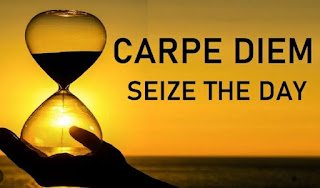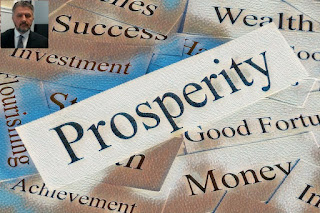Frozen in Time: How One-Hit Wonders Define the Moment
The Mad, Beautiful Chaos of the One-Hit Wonder
There it is—a song, a moment, a flash of something so impossibly perfect, you can feel the static in the air. One-hit wonders, baby. Those glorious, maddening, ephemeral flashes of cultural alchemy that show up uninvited, blast a hole in the fabric of time, and then vanish into the void. These aren’t just songs—they’re unfiltered, neon-lit peeks into the roiling, chaotic underbelly of a society in flux.
A one-hit wonder doesn’t need pedigree, no, sir. It doesn’t ask for permission. It’s primal and immediate, the raw electricity of a zeitgeist captured in three minutes and thirty-seven seconds. Think “Come on Eileen”—a frenetic fever-dream of fiddles and sweat-soaked desperation, blaring through tinny FM radios as a generation teetered between punk rebellion and retro nostalgia. Or “Macarena”, that gleeful contagion of rhythm and repetition, perfectly engineered to make your drunk uncle hit the dance floor at your cousin’s wedding. These songs are no mere entertainment—they are shrieking totems of who we were at the exact second they dropped.
The Lightning Rods of Cultural Energy
Let’s not kid ourselves—these aren’t masterpieces in the traditional sense. You’re not sitting down with a glass of Merlot to unpack the existential weight of “Mambo No. 5”. But therein lies the beauty, the truth of it all. One-hit wonders are unburdened by legacy. They aren’t weighed down by the ponderous expectations of careers or the need to evolve. They are, instead, pure phenomena—raw bursts of creative combustion that happen to catch the current and ride it straight into the collective unconscious.
Why do they stick? Oh, they stick because they hit a nerve, man. A deep, twitching nerve you didn’t even know you had. They grab you by the guts, twist, and don’t let go. Take “Tainted Love”—the sultry, pulsating synths, that ache in the lyrics. It wasn’t just a song; it was the anthem for every love-stricken, cigarette-puffing misfit slinking through a 1980s club, trying to feel something real in a world of glossy pretension.
And then there’s “Don’t Worry, Be Happy”—McFerrin’s carefree, whistling manifesto dropped like a Zen koan into the yuppie-infested wasteland of Reagan’s America. It was absurdly simple, maddeningly catchy, and exactly what the masses needed to hear. Chill out, man, it said. Life’s a dumpster fire, but hey, don’t sweat it.
A Frenzied Reflection of Us
Every one-hit wonder is a cultural Rorschach test, a sonic snapshot of a world that can’t stop moving long enough to look itself in the mirror. These songs are time capsules, but not the shiny kind—their appeal lies in the grit, the imperfections, the fact that they weren’t meant to endure. They’re like a Polaroid someone found under the couch after the party: blurry, a little stained, but charged with a memory so vivid you can still taste the smoke and cheap beer.
They are the soundtracks of fleeting revolutions and tiny rebellions. Think “My Sharona” by The Knack—pulsing with jittery lust and adolescent swagger as the 1970s collapsed into the garish fluorescence of the 1980s. Or “Who Let the Dogs Out”—a barking, barking barking plea for unadulterated chaos in an era that was increasingly buttoned up by corporate monotony and millennial dread.
The Ghosts in the Algorithm
Fast forward to now, the streaming age, the TikTok age, the oh-God-what-is-even-happening age. One-hit wonders still haunt us, but their lifespans have shortened, their bursts of fame measured not in months or weeks but in seconds. Viral clips of songs like “Old Town Road” rocket out of obscurity, burn white-hot, and disintegrate into the endless scroll. But even in this hyper-speed reality, the essence of the one-hit wonder remains: a rogue wave that crests just high enough for everyone to see it before it crashes back into the ocean.
One Song to Rule Them All
In the end, a one-hit wonder isn’t about longevity—it’s about impact. These songs don’t linger on charts or churn out sold-out world tours. They show up, slap you in the face with something raw, something immediate, something true. And when they’re gone, they leave behind a vacuum, a sense of bittersweet loss. You may laugh about them, you may dismiss them, but you will never, ever forget them.
Because they’re not just songs. No, they’re jolts of shared humanity. A fragmented memory of who we were when we heard them. And maybe, just maybe, that’s the most honest kind of art there is.




Comments
Post a Comment